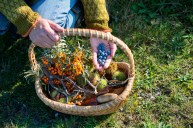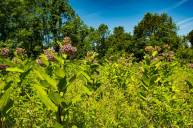Times are tough these days. The cost of filling up your gas tank, purchasing baby formula (if you can find it), and eating out at a restaurant has noticeably risen. Grocery prices are skyrocketing; food costs are the highest in decades and rose nearly 9% this year - and the USDA projects them to rise even higher. It can seem insurmountable, but there is actually a lot that can be done to offset these alarming high costs. In fact, outdoorsy folks have a leg up on others, because they're more adept at doing things that can curb the impact of these harsh realities we're all facing. Remember the old tune "A Country Boy Can Survive?" Well, it is true, and with a little knowledge and a lot of grit, folks can find ways to get by. Here are five methods of fighting against grocery bills that will come naturally to outdoor lovers, or at least be a skill and knowledge set that they'd benefit from learning.
Harvest Wild Protein
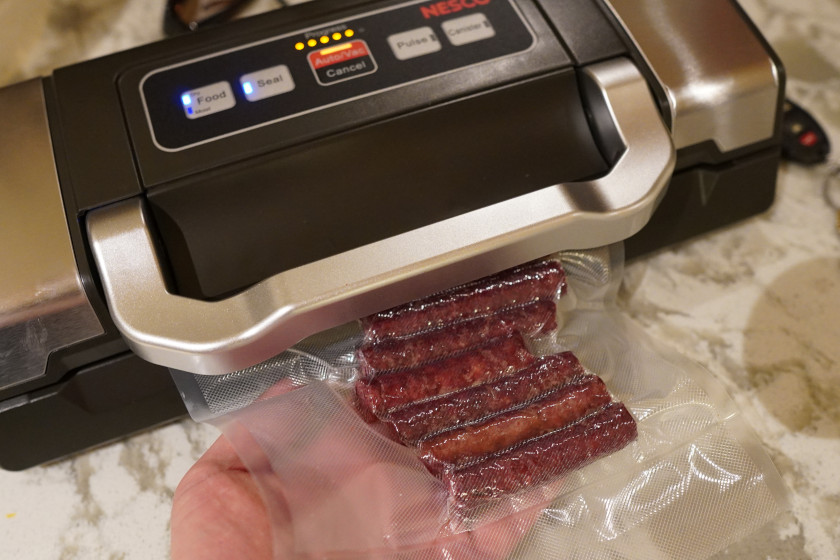
Travis Smola
The once-a-year cost of hunting or fishing licenses is lower than a grocery bill, especially when you take into consideration how much food will be acquired. Larger animals, such as moose or elk, could feed a family for a long time. Invest in a good vacuum sealer and chest freezer to preserve harvests. Wild game comes in a lot of forms, such as whitetail deer, duck, alligator, turkey, and fish, depending on your location and local regulations. Most animals that can be hunted or caught can be consumed, and when you supplement your groceries with that kind of protein, you're coming out ahead.
Can Produce
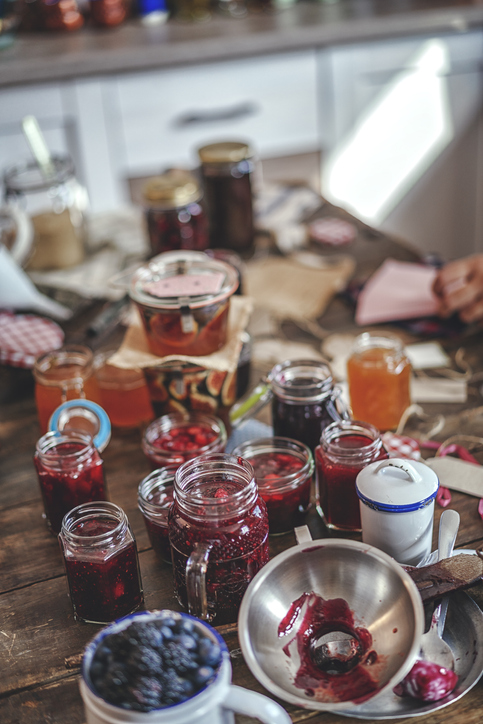
GMVozd/Getty
Canning is the process of storing fresh food in a glass jar and boil-sealing it to remove air. The process extends the shelf life of the food and reduces food waste. You'll earn serious bonus points if the food was grown from a home garden. Improper canning can cause illness, so it is important to ensure it is done the right way. The USDA has a complete guide to canning food.
Forage Wild Edibles
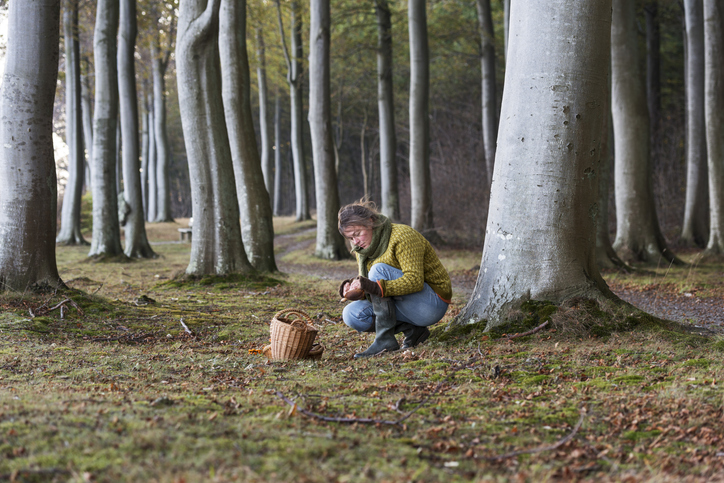
ClarkandCompany/Getty
The United States has a huge variety of wild edible plants that can be foraged, depending on the season. No permits are required for foraging, but you should still do so responsibility. The goal is sustainability. Take care not to damage surrounding plants or terrain while foraging. There are many different kinds of forage foods, including nuts, seeds, fruits, vegetables, green leafy plants, and mushrooms. Wild fruits include strawberries, blackberries, blueberries, raspberries, apples, cherries, and more. Some wild vegetables and roots include leeks, ramps, potatoes, wild lettuce, chicory root, and more. Nuts and seeds come in the form of walnuts, chestnuts, sunflower seeds, and more. Greens can include dandelions, nettles, watercress, and others. Learning to forage can be tricky, as many edibles have poisonous lookalikes. Invest in a good guide book or get a mentor, and always know what you are ingesting.
Start a Garden
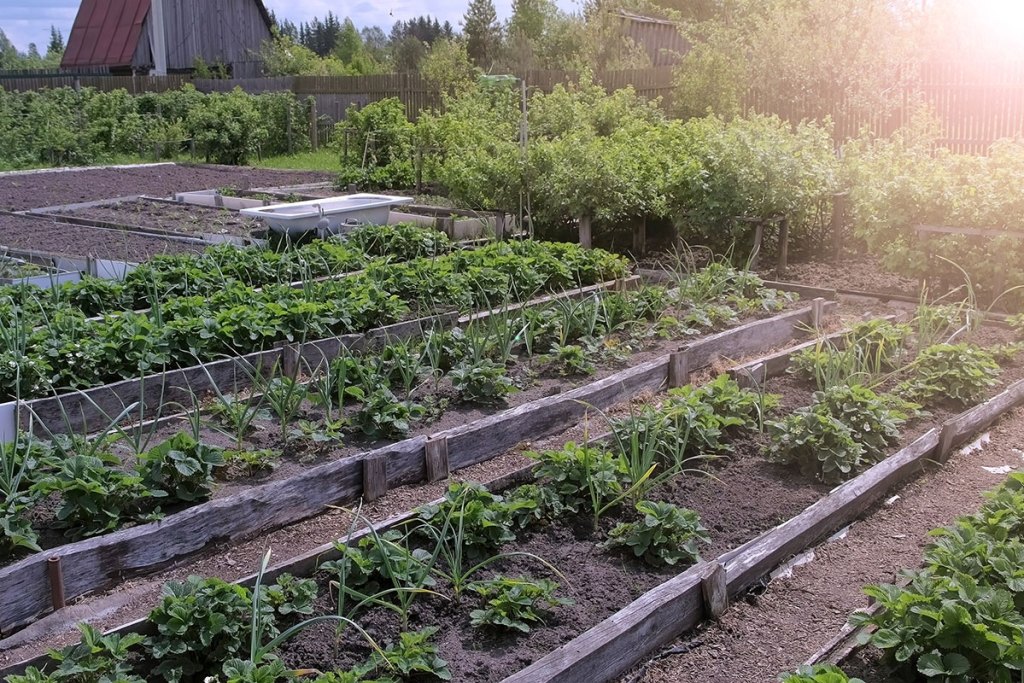
A really good way to offset high grocery costs is to start a home garden. It can be a lot of work to establish it, but the benefits are immeasurable. Growing food at home gives complete control over the chemicals used during the growing process. If eating organic is important, skip the chemical fertilizers and make your own compost. Produce grown at home is generally healthier than store-bought, because it is picked and consumed at the peak of ripeness, where store-bought is typically harvested before it is fully ripe. Nutrient density is the highest when the produce is first picked, so food harvested weeks before being purchased at the store has lost a lot of health value.
Collect Rainwater
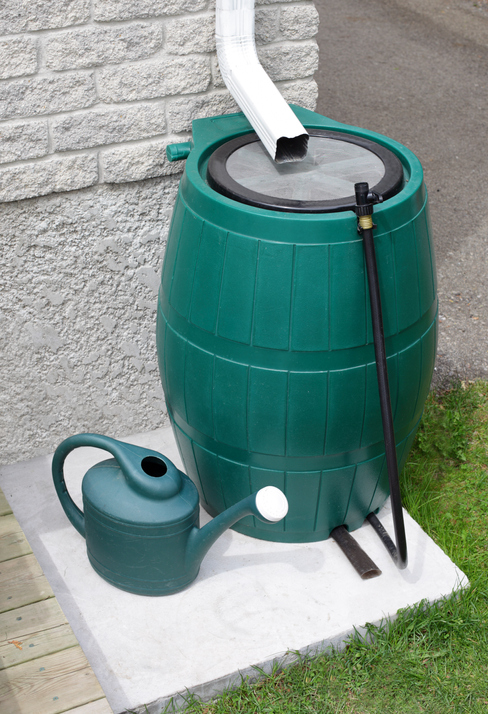
Dorin_S/Getty
Collected rainwater can serve many purposes, including watering plants, washing dishes or clothes, cooking, or bathing. Using rainwater for these tasks saves on household water use, plus it cuts down on electricity costs to power pumps. Rainwater collection can be as simple or complicated as you want it to be. Some homesteads have rain barrels while others have elaborate harvesting systems.
Laws and water rights vary from state to state. Some states such as Arkansas, Colorado, Kansas, Oregon, Utah, and Washington, require a permit to collect rainwater while others encourage it with incentives. Check with your state's legislation before installing a rainwater harvesting system.

